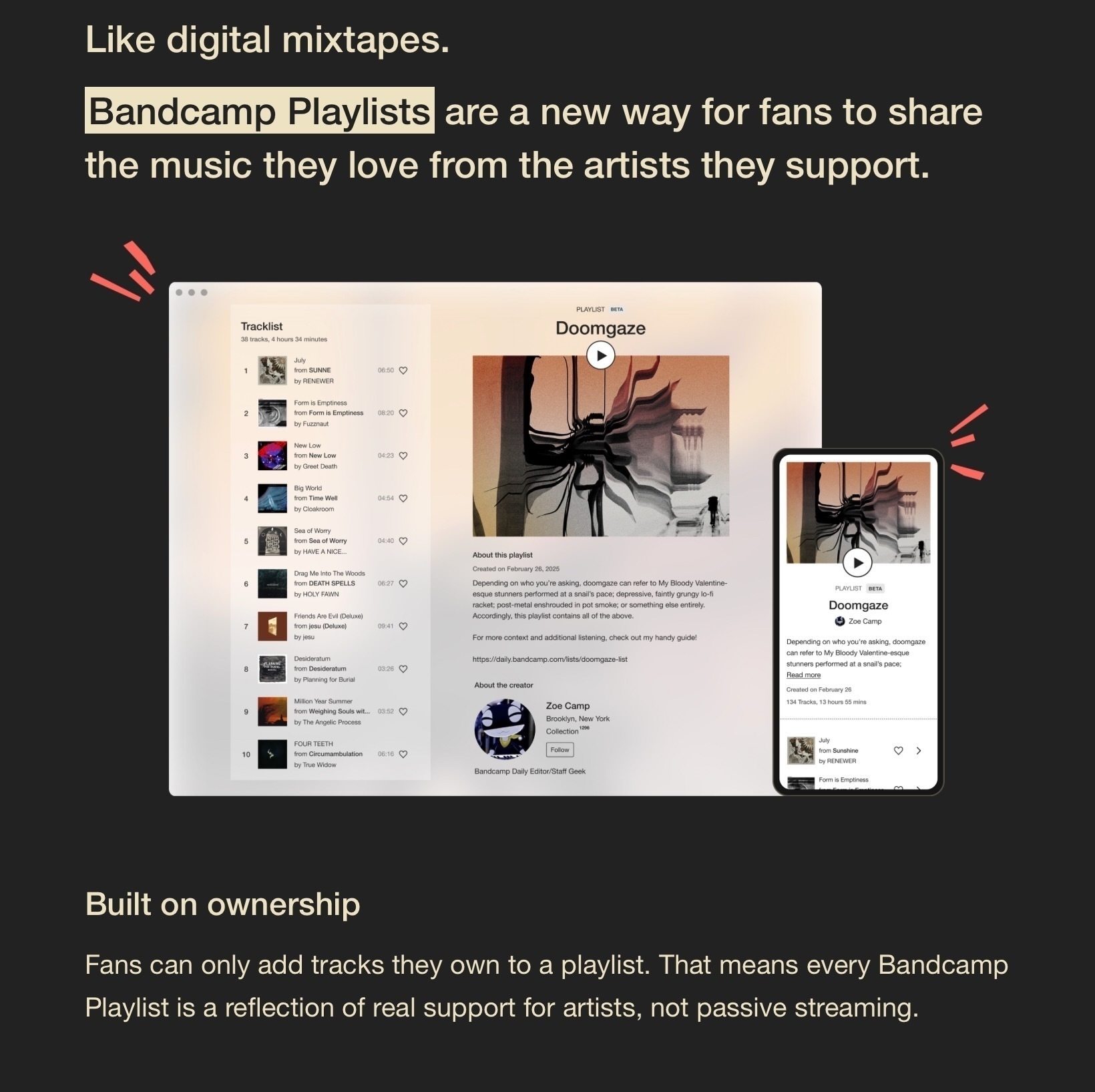A few days ago, I received a plea in my usual email from the media outlet Tangle.
The last six months have been a difficult time for media outlets. Overwhelmed by the news, many readers and listeners are tuning out. Those who are staying up to date are increasingly relying on artificial intelligence round-ups to get their news, which has caused website traffic to fall.
I feel bad about the situation that Isaac Saul, who founded Tangle, and his crew find themselves in. They have a publication that does a wonderful job balancing perspectives on the news of the day. They are trustworthy and thorough. Yet, I find myself deciding again and again not to upgrade to a paid subscription when I consider the option.
